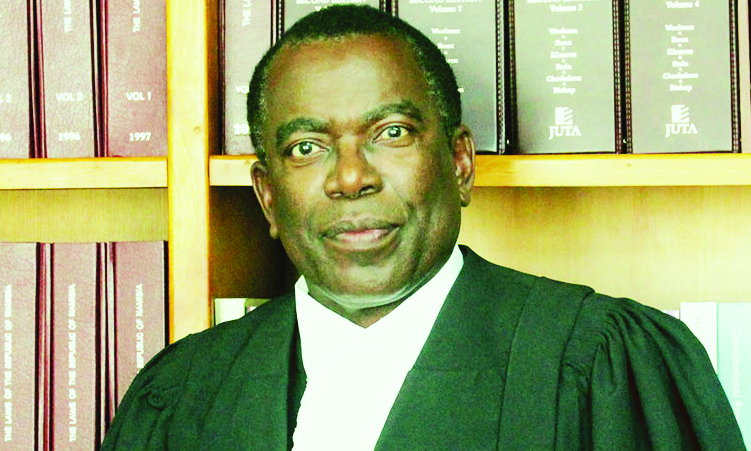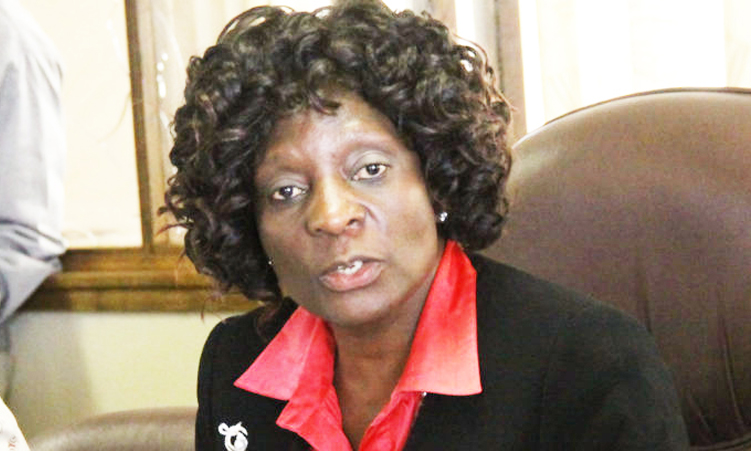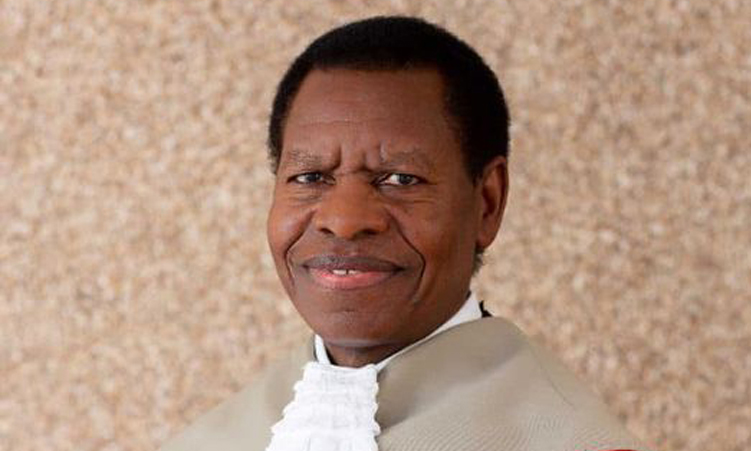The Judicial Service Commission’s defence of the appointment of Zimbabwean judge Rita Makarau, who had ties with former late Zimbabwean president Robert Mugabe, has sparked questions about a possible lack of transparency in the selection process of Namibia’s top judges.
Last week, The Namibian sent questions to chief justice Peter Shivute, who heads the Judicial Service Commission (JSC), regarding the selection process in Makarau’s appointment.
Makarau has served as a lawmaker, election chief and judge under Mugabe, who has faced allegations of widespread human rights violations.
She stepped down after Mugabe was ousted by a military-backed coup in Zimbabwe in 2017.
The judiciary was lauded last year by civil society for holding public interviews for the ombudsman position, but has been less open about the appointment of judges.
JSC secretary Sakeus Akweenda issued a public statement yesterday, saying the decision to appoint Makarau was based on her professional qualifications, experience and expertise.
“She has extensive judicial experience, which spans over 22 years and includes previous appointments as a judge, and the judge president of the High Court of Zimbabwe, and a judge of the Supreme Court of Zimbabwe,” he said.
“Lady justice Makarau is but one of the many appointments of non-resident judges appointed to serve both at the High Court and the Supreme Court due to their wealth of experience and expertise in the field of law,” Akweenda said.
He said the lack of women on the Supreme Court bench remains an issue, and that the JSC has undertaken to address the issue.

“To this end and in an effort to alleviate the Supreme Court’s workload, the commission resolved to recommend the appointment of three women acting judges to serve on the Supreme Court bench for the period 1 April 2023 to 31 March 2024.”
Akweenda said that non-resident judges are at times needed to sit on appeals upon which local judges consider they should not sit.
He said they also, together with local High Court judges, assist the Supreme Court in dealing with the large number of cases coming to the court.
“That would be the role of lady justice Makarau,” he said.
“The commission has every confidence that she will execute her constitutional duties with the professionalism, impartiality and integrity required of a judge serving on the bench. It thus stands by its recommendation and supports her appointment as an acting judge of the Supreme Court,” he said.
The commission said Makarau will mentor judges Esi Schimming-Chase and Hannelie Prinsloo who have been appointed alongside her.
Makarau has been accused of being in close proximity of the Zanu PF regime under Mugabe.
According to Akweenda, Makarau’s appointment has nothing to do with Namibia’s elections slated for next year or her political affiliation.
The commission reminded the public that judges take an oath to defend the Constitution and to fearlessly administer justice without favour or prejudice.
“They therefore owe their loyalty only to the Constitution and the law,” Akweenda said.

CONCERNS
Political commentator Ndumba Kamwanyah yesterday said the JSC’s statement did not address concerns raised over Makarau’s history of being close to Zanu-PF under Mugabe.
He said the JSC should have addressed the concerns in terms of how they were covered by the vetting process.
“Did their vetting process uncover the same allegations or concerns, and how did the allegations pass or satisfy the vetting requirements?” Kamwanyah asked.
Ambassador Pius Dunaiski said Namibia should learn from the United States where the appointment of judges follows a transparent process.
“There the president gets the nominations, and they go to the senate for hearings and so on before the judges are confirmed for them to be at the high court or any other courts.
“Americans have taken this further even in the appointment of ambassadors, because they represent the whole country despite their political affiliations. We should steal those ideas in the future.
“The JSC can do all the leg work, scrutinise the nominations and so on, and go deeply into the history of what has been published in the judges’ home country together with criticisms around them,” he said.
Kamwanyah said public hearings should be conducted as well with the assistance of a parliamentary standing committee.
Namibia’s former elections chief, Gerhard Tötemeyer, was one of the leading voices to submit that Makarau’s appointment should not be to the disadvantage of qualified Namibians.
Independent Patriots for Change (IPC) president Panduleni Itula yesterday said: “The IPC does not believe foreign justices will pledge allegiance to the Namibian Constitution as long as such remain a citizen of a foreign country.”
Itula said the judiciary as the third pillar of Namibia’s democracy cannot be managed by a foreigner.
Stay informed with The Namibian – your source for credible journalism. Get in-depth reporting and opinions for
only N$85 a month. Invest in journalism, invest in democracy –
Subscribe Now!







